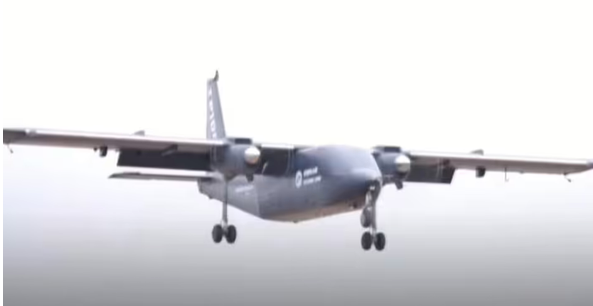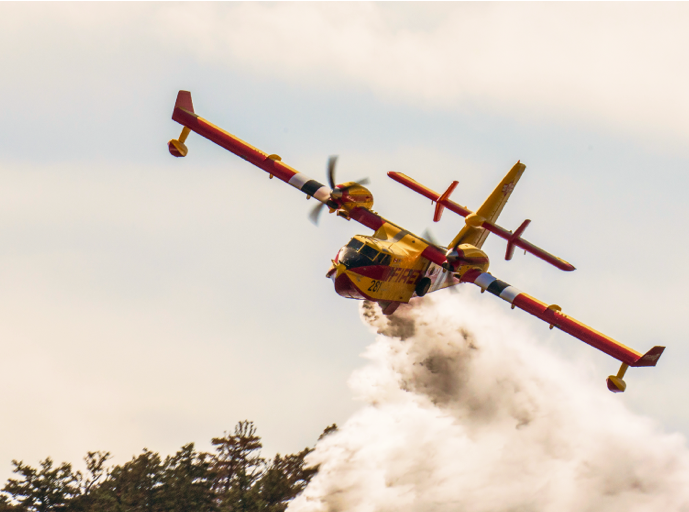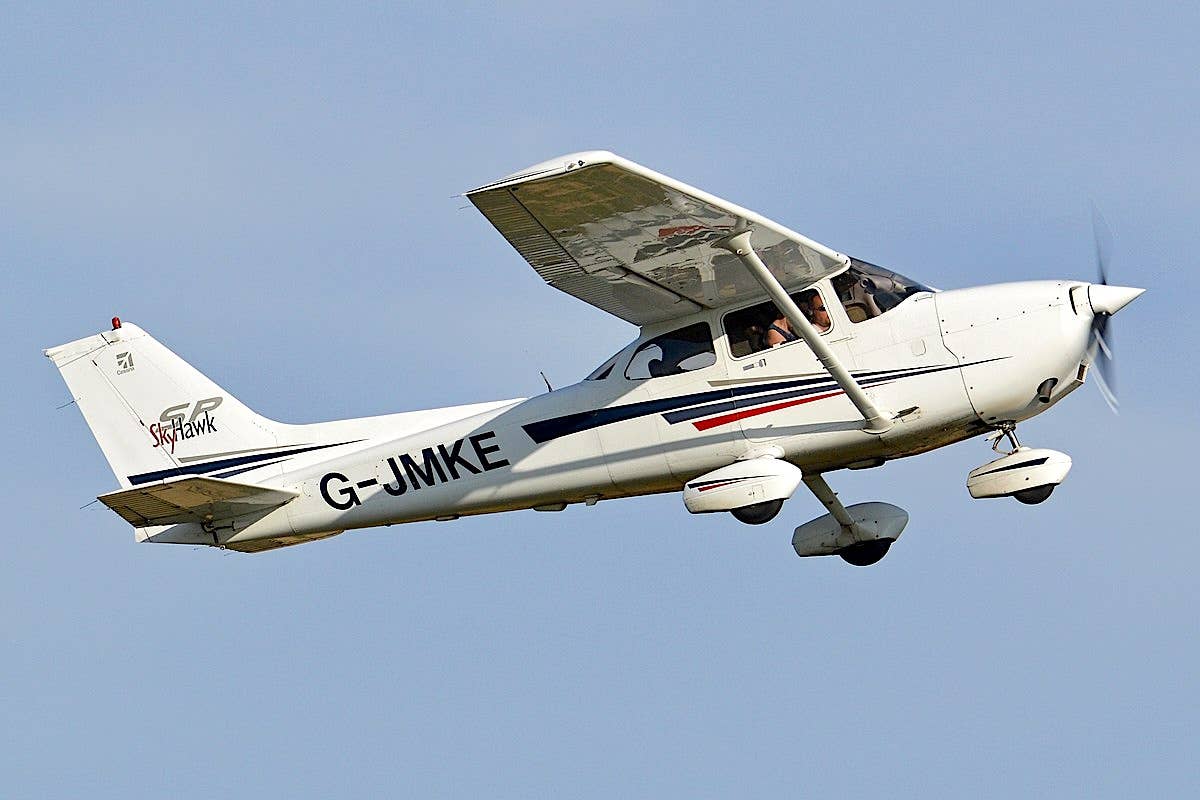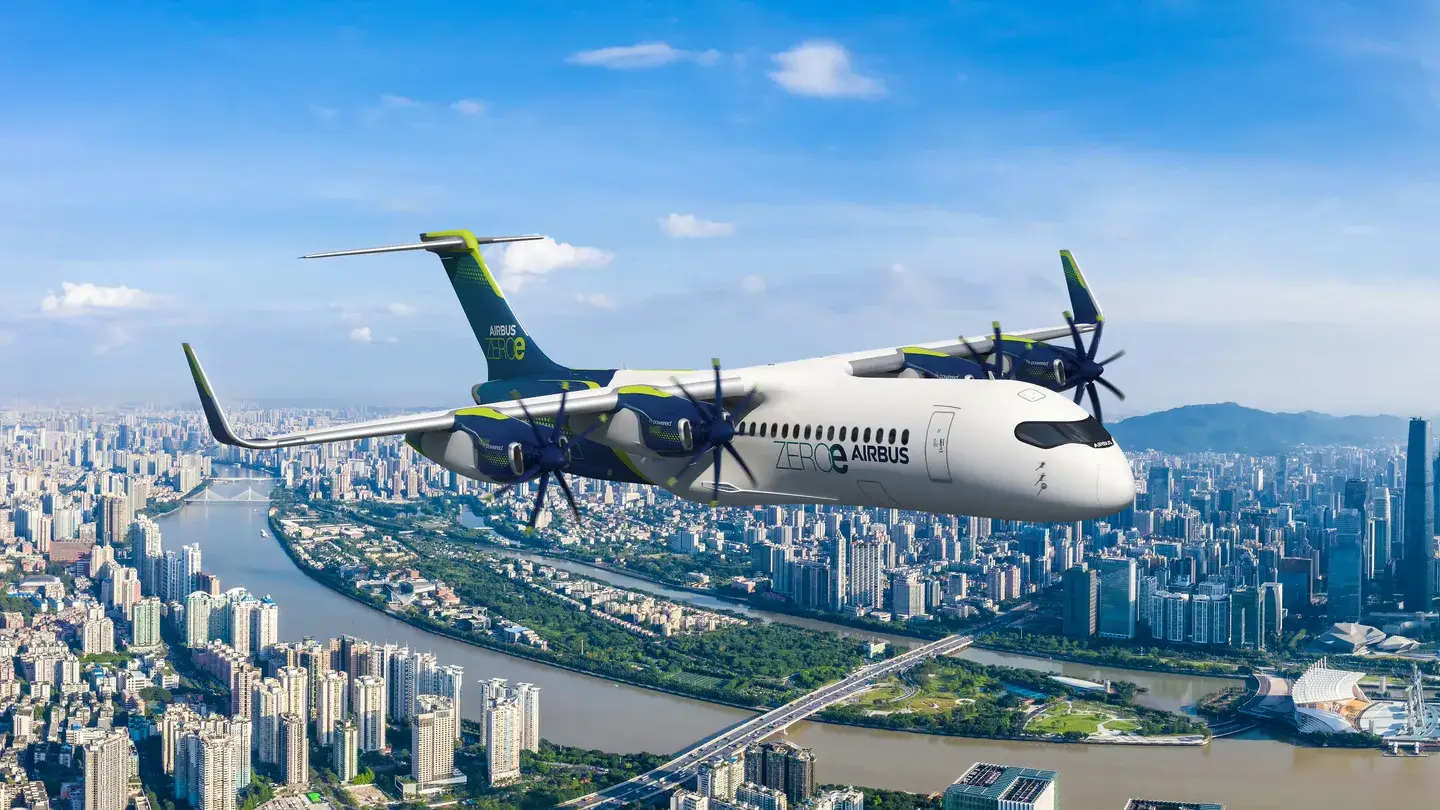Carrier Launches ‘Air Barge’ Service After Northern River Dries Up
One of Northern Canada’s largest air freight companies is cutting its rates to supply remote communities whose regular river barge service has been canceled for the summer because of low…
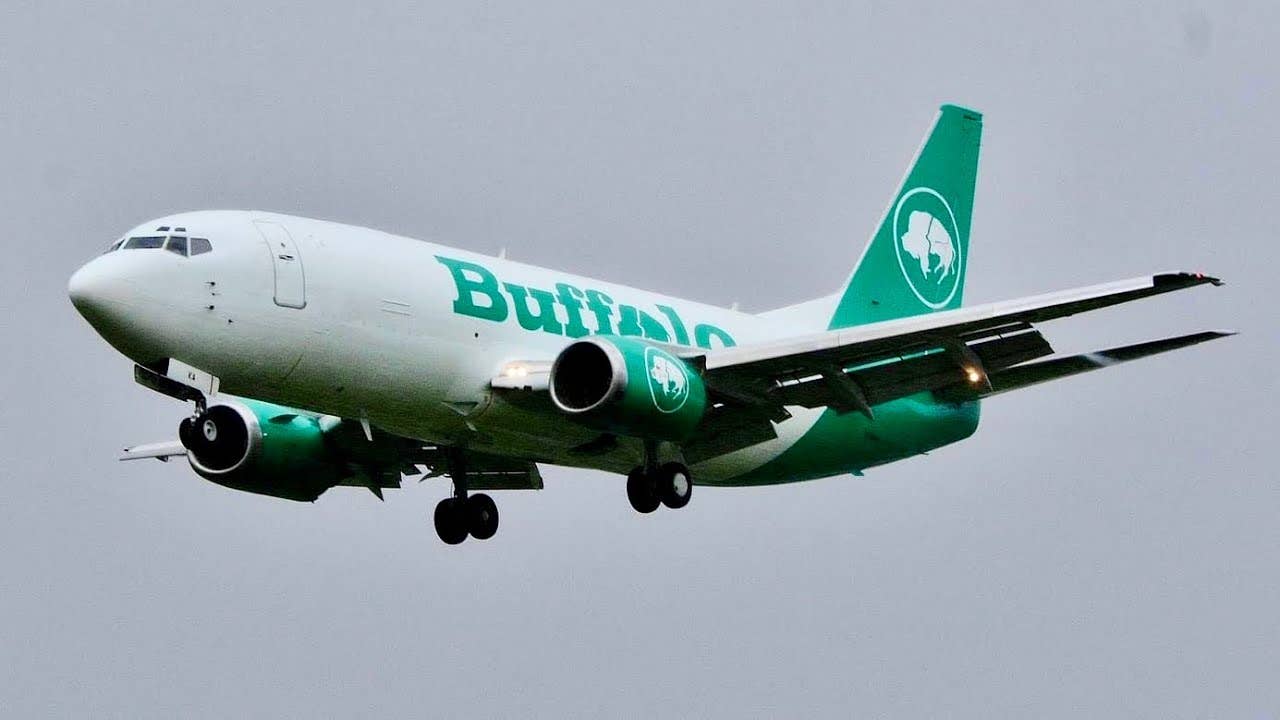
One of Northern Canada's largest air freight companies is cutting its rates to supply remote communities whose regular river barge service has been canceled for the summer because of low water in MacKenzie River. Buffalo Airways announced last week that it would operate a weekly "air barge" service to communities along the MacKenzie River in the Sahtu Nation of the Northwest Territories to “bridge the gap between scheduled air cargo rates and those offered by barge shipment providers.” Buffalo will match barge rates for some cargo, but the cost for some items will be higher. The move will also prevent the gouging by air carriers feared by some community leaders.
Truck service to the area is only available during winter when the ground is frozen and able to support the weight. Most of the community's needs are met then, but the barges are vital for perishables and other cargo. The barges also carry large items like machinery, vehicles and construction materials that are too big for air freight. Buffalo will use its lone Boeing 737-300 for the route. It will carry up to 42,000 pounds of freight to Norman Wells every Saturday and flights will be added if necessary.
The airline, which is famous for its use of Second World War DC-3 and C-46 aircraft through much of its network, said in a news release it launched the air barge service as a gesture of support for the region, which is part of Buffalo's regular network. “While the Air Barge program won’t solve all the challenges shippers are faced with this year, it is designed to provide the most cost-effective alternative to barge freight for those that can’t wait until the next winter road season to move their cargo,” Buffalo said in a statement.


